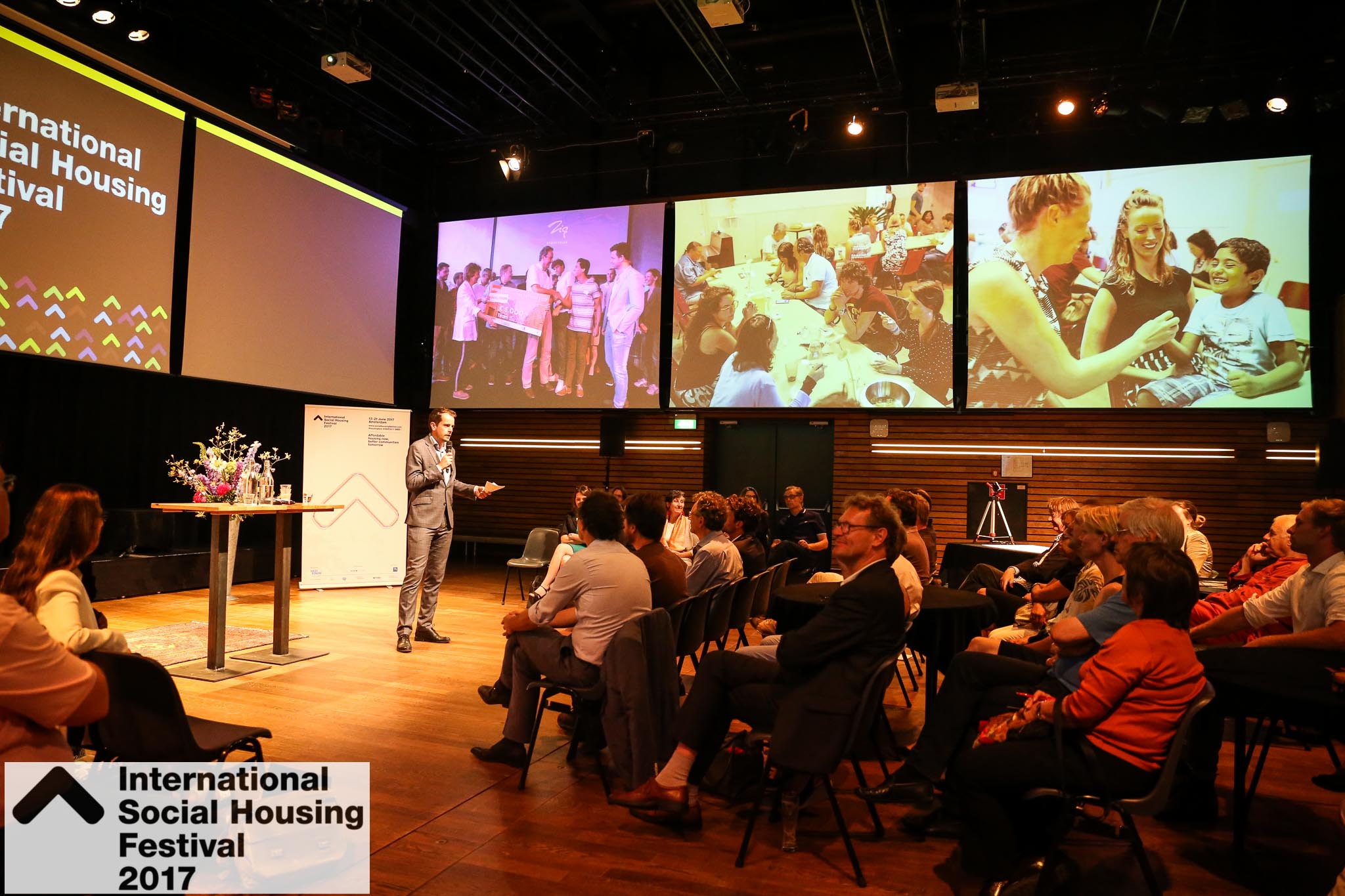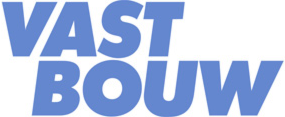
22 June 2017
ISHF Closing Event
The last nine days have been a whirlwind of activity, with so many different problems, solutions and ideas flying around that it has been nigh-on impossible to keep track. Only right, then, that today the organizers and reporters who have dedicated so much of their energy and passion these last 216 hours came together to reflect on it and, well, try and make some sense of the beautiful mess!

Laurens Ivens, the Alderman of Amsterdam who has been present throughout, admitted his surprise that the event inspired as much passion as it did. True, if you played a game of social housing word association with the average person, they are likely to come up with such charmers as ‘faceless bureaucracy!’, ‘social unrest!’ or, that lovely British coinage, ‘sink estate!’. But the festival has outlined that such negative popular discourses in fact demonstrate we need to re-think and re-present social housing, as the best way of guaranteeing that all of our societies are sheltered and has a good quality of life, a guarantee that should never have been put into question in the first place.

Joop Boer, the reporter on the festival theme of diversification, put it to us gathered there that one of his main conclusions was that social housing providers need to integrate more bottom-up, more DIY-friendly, more small-scale, and more collaborative approaches, to factor in a ‘right to creativity’ into designs for spaces and communities. Indeed, the housing associations might look to developments in the private market such as shared living for inspiration, and incorporate social goals into their own iterations.

Darinka Czischke, who led an event on collaborative housing, agreed that the social needs to be re-emphasised in social housing, and that the “real sharing economy” that works for all is a solution for many current urban problems: especially the stranding of the middle classes as both social housing and the private market move away from their reach.

Merel Pit, the reporter on the theme of migration, reminded us of many of the most important ongoing current events and their relationship to migration: Brexit and the migration event that peaked in 2015 being two of the most major.
But “migration is a permanent state” she said, and the festival highlighted many examples of this fact being embraced and of housing being a tool through which the lives of migrant urban citizens, and by extension the cities they live in, are improved. A touching example was the migrant in Copenhagen, Denmark, helped into an apprenticeship by the housing association BoVest, who smiled as he talked about how much he loves building walls.
The reporter on the third subject of segregation, Sophie Rousseau, took her turn to underline how the public, private and civic spheres all come with their own set of opportunities and trade-offs for tenants and landlords alike. “Good ideas can sometimes be dangerous”, and instead exacerbate inequality in unforeseen ways. One such solution that has created its very own set of problems are the ‘flexible living’ tenancies, where new opportunities for cheap and short-term living for young people have also come with fewer tenant rights.

And so it was time for Pepijn Bakker, who has put so much time, energy and genuine love into this event, to begin his speech, the finale of the finale. Although three years of on-off preparation have passed since the fateful summer school at which Pepijn taught and the festival was dreamt up, “it really exceeded my expectations“, he said, an audible lump in his throat.’





Comments